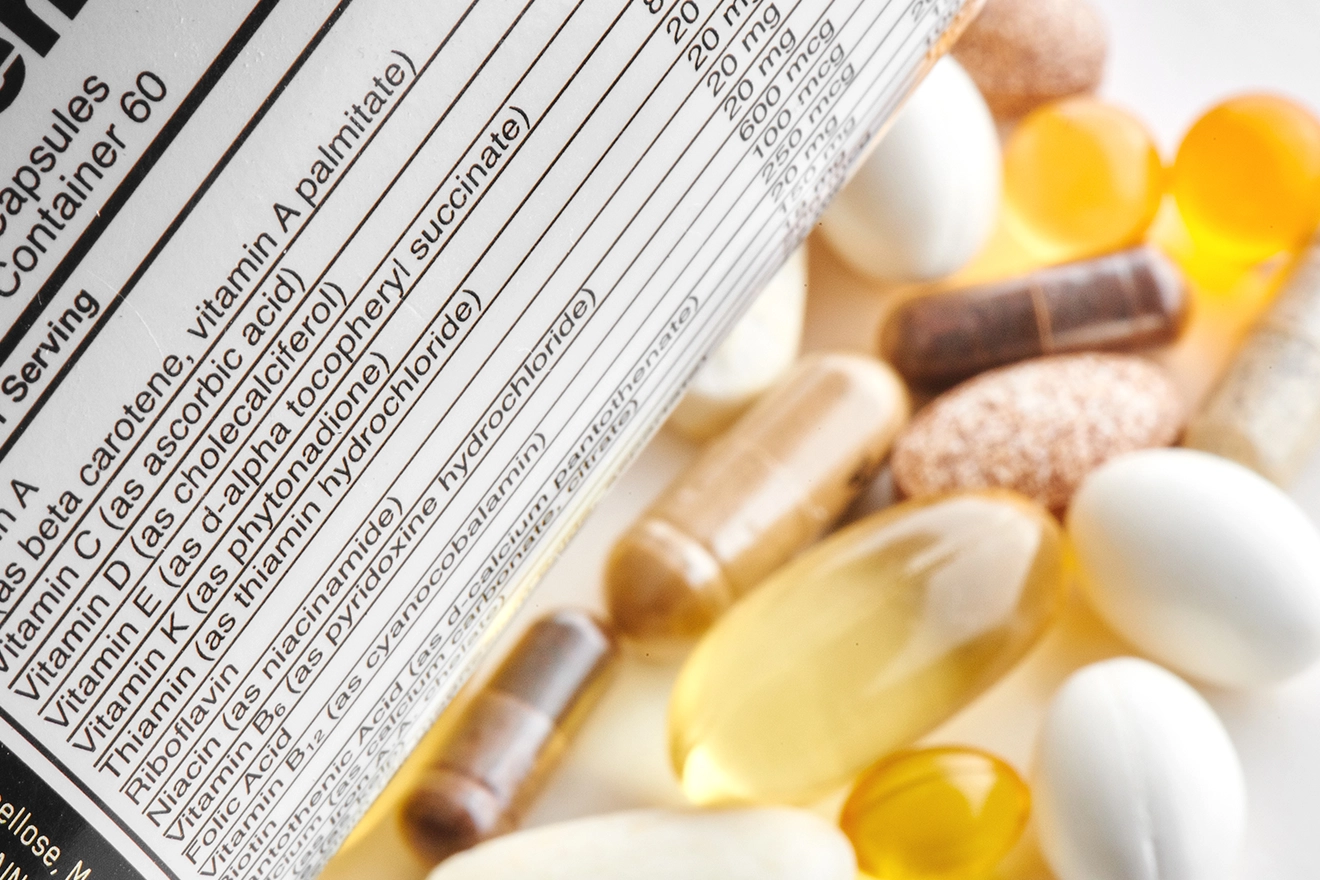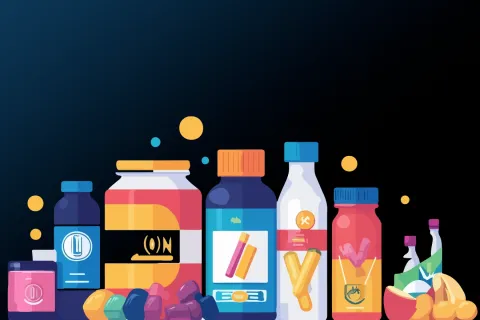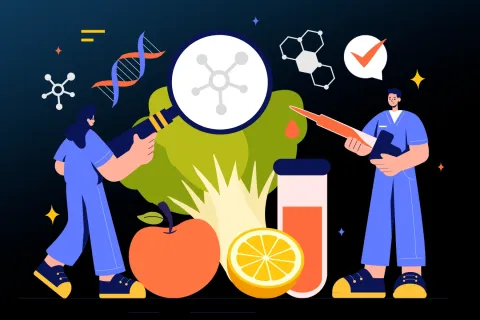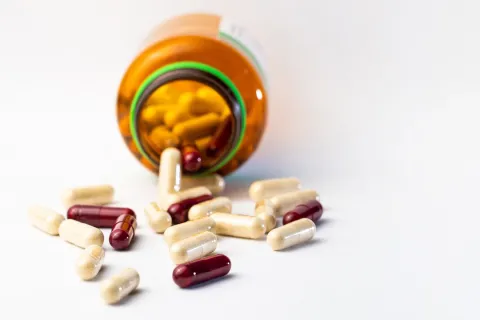
Today, in an increasingly globalized world, the international trade of food and dietary supplements is subject to a complex web of regulations and standards. The Southern Common Market, abbreviated in Spanish as Mercosur, is a South American trade bloc comprising Argentina, Brazil, Paraguay, Uruguay, and Venezuela (whose membership has been suspended since 2016). Mercosur plays a vital role in shaping the regulations and standards for food and dietary supplements in the South American region. Keeping up with Mercosur’s food regulations, food contact regulations, dietary supplement regulations, and Mercosur food supplement updates is crucial for businesses aiming to thrive in this dynamic market. Food Regulatory services can provide manufacturers with expert guidance for effectively navigating such regulations.
Understanding Mercosur Food Regulations
Mercosur aims to harmonize regulations within its member countries to facilitate the free movement of goods, including food and dietary supplements. The bloc often adopts Codex Alimentarius standards, a set of internationally recognized food standards published by the Food and Agricultural Organization (FAO), as the basis for its regulations. Mercosur lays down key principles for the notification and approval processes of new food or dietary supplement products, depending on their characteristics and risk level, as per Mercosur dietary supplement regulations, Mercosur food regulations, and Mercosur food contact regulations.
Latest Regulatory Updates
- New Labeling Requirements: Mercosur has implemented updated labeling requirements for food and dietary supplements, aligning them with international standards. These changes include the need for clearer allergen labeling, nutrition information, and ingredient listing, which will, in turn, facilitate informed consumer choices within the framework of Mercosur food regulations, Mercosur food contact regulations, and Mercosur dietary supplement regulations.
- Functional Foods and Nutraceuticals: Mercosur is in the process of developing regulations for functional foods and nutraceuticals. These product categories offer health benefits beyond providing basic nutrition and require clear rules to ensure safety and efficacy.
- Maximum Limits for Contaminants: Mercosur has established maximum limits for contaminants in food and dietary supplements, ensuring that the products meet the necessary safety standards.
- Guidelines on Food Fortification: Updated guidelines on fortifying foods with essential nutrients ensure alignment with Mercosur dietary supplement regulations, Mercosur food regulations, and Mercosur food contact regulations. Proper food fortification addresses nutrient deficiencies and ensures overall improvement in public health.
- Simplified Notification Procedures for Low-risk Products: Mercosur has introduced notification procedures for low-risk food and dietary supplement products, which will help promote innovation.
- Strengthened Food Safety Measures: Mercosur is helping enhance food safety measures, such as enforcing stricter inspections and traceability requirements, which will, in turn, increase consumers’ confidence in product safety.
Recent Country-wise Regulatory Updates and Changes
Brazil
Regulatory Agenda Topics for 2024–2025, Published by ANVISA
Starting from July 31 until September 14, both the general public and organizations affiliated with the National Health Surveillance System can offer their inputs on the initial roster of subjects put forth by the Agência Nacional de Vigilância Sanitária (ANVISA) or the National Health Surveillance Agency for consideration in the 2024–2025 Regulatory agenda. Additionally, there is an avenue for suggesting the inclusion of other topics should any pertinent Regulatory requirements be absent from the list provided. Here are the topics this agenda covers under the food sector:
- Review of legislation on the use of functional and/or health claims on foods.
- General labeling of packaged foods.
- Updated labeling requirements for major allergenic foods.
- Labeling of foods intended for industrial purposes.
- Updated macroscopic and microscopic foreign matter requirements for cassava starch, flour, and rice flour.
- Sanitary requirements for silicone food contact materials.
- Updated Regulatory framework for metallic food contact materials.
- Updated sanitary requirements for dietary supplements (Revision of DRC No. 243/2018).
- Revision of the Regulatory act on food for medical use.
- Revised and consolidated regulations on infant formula and enteral nutrition formula.
- Revised regulations on food additives and food technology adjuvants.
- Revised regulations on food additives and food technology adjuvants authorized for use in dairy products.
- Re-evaluation of the authorization for the use of the food additive titanium dioxide in foods.
- Nutrivigilance requirements applicable to the regulated sector, including those related to the establishment of a nutrivigilance system and the submission of mandatory periodic notifications and reports.
- Revised standards on hygienic-sanitary requirements and Good Manufacturing Practices (GMPs) for food-producing or processing establishments.
- Updated Regulatory framework for food irradiation.
- Regulation of sanitary requirements for foods of plant origin.
- Good practices for food services.
Updated Nutrition Labeling Q&A Guide
ANVISA has released the third edition of its Q&A guide on nutrition labeling. Notably, revisions pertaining to questions 49, 52, 53, 55, 56, 58, 66, and 67 have been introduced in the guide. Additionally, this updated edition incorporates a new question that provides guidance on the determination of whether sugar fractions found in food additives should be categorized as added sugars.
Paraguay
Front-of-pack Labeling - Soon to be Mandatory!
The Instituto Nacional de Alimentación y Nutrición (INAN), or the National Institute of Food and Nutrition, has released a preliminary decree from the Ministry of Public Health and Social Welfare, which is aimed at governing Law N° 7092 regarding front-of-pack labeling for pre-packaged food items. Under the current regulations, pre-packaged food products that necessitate compulsory nutrition labeling and exceed the specified thresholds for sugar, saturated fats, and sodium content, as outlined under Law N° 7092/2023, are obliged to display a prominent frontal warning label. This label serves as a clear indicator to consumers, alerting them to the high levels of sugars, saturated fats, and sodium contained in the product.
The Key Role of Food Regulatory Services
Navigating Mercosur’s complex Regulatory landscape can be a challenging task for manufacturers. Food Regulatory services play a crucial role in this scenario since they provide manufacturers with expert guidance and support:
- Interpreting Regulatory Changes: Food Regulatory consultants stay updated on Regulatory changes, ensuring that businesses remain compliant with Mercosur dietary supplement regulations, Mercosur food regulations, Mercosur food contact regulations, and Mercosur food supplement updates.
- Notification and Approval Support: These services assist manufacturers in preparing and submitting notifications or approvals for new products.
- Labeling Compliance: Food Regulatory services help ensure that businesses comply with labeling requirements and maximum limits for contaminants.
- Fortification Strategies: Consultants develop strategies for fortifying foods and dietary supplements within the established guidelines.
- Food Safety Measures: Food Regulatory consultants help manufacturers implement food safety measures and traceability systems, which in turn ensure compliance with Mercosur food regulations, Mercosur dietary supplement regulations, and Mercosur food contact regulations.
Challenges and the Future of Food Regulations
While the field of food regulations is witnessing considerable progress, challenges remain in adapting to evolving scientific knowledge and international standards. The effectiveness of regulations depends on the member countries’ commitment to enforcement and compliance. The future involves increased harmonization, better collaboration with international bodies, and the streamlining of Regulatory processes in alignment with Mercosur dietary supplement regulations, Mercosur food regulations, Mercosur food contact regulations, and Mercosur food supplement updates.
Conclusion
Staying informed about Mercosur food regulations, Mercosur food contact regulations, Mercosur dietary supplement regulations, and Mercosur food supplement updates is crucial for businesses operating in the South American region. Recent changes in labeling requirements that primarily focus on functional foods, along with strengthened food safety measures, reflect Mercosur’s commitment to ensuring consumer safety.
Freyr’s Food Regulatory services provide businesses with invaluable assistance, enabling them to effectively navigate these complex regulations. By prioritizing compliance and leveraging expert guidance, food businesses can meet the highest standards of product quality and safety within the framework of Mercosur food regulations, thereby positioning themselves for success in this dynamic market.









